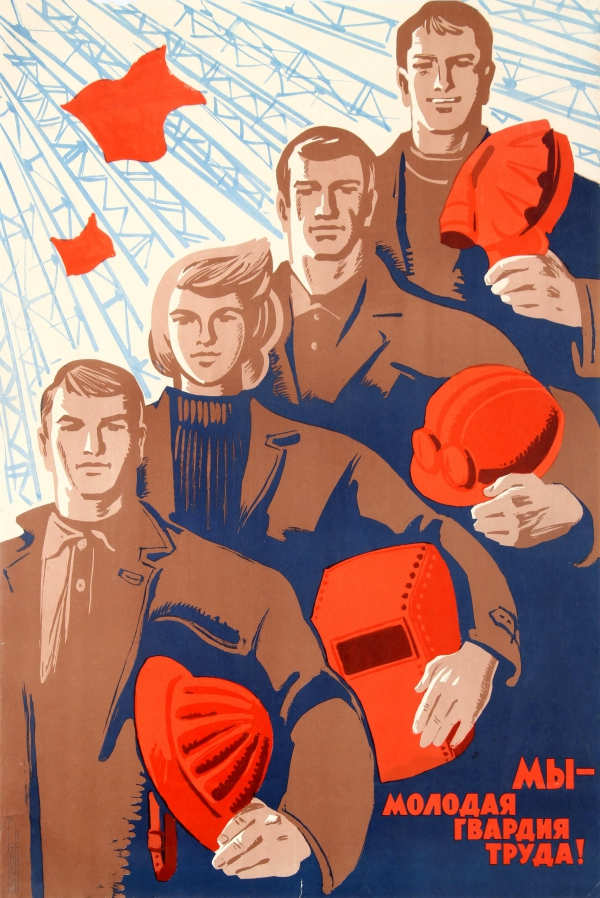More languages
More actions
"Working class" redirects here. For other working classes, see working class (disambiguation).

The proletariat is the social class of wage-earners, those members of a society whose only possession of significant economic value is their labour power (their capacity to work) and owning no capital of their own nor the means of production and are forced to sell their labour power to survive. A member of this class is a proletarian.
Marxism considers the proletariat to be oppressed by capitalism, forced to accept meager wages in return for operating the means of production, which belong to the class of business owners, the bourgeoisie. Marx claimed that this oppression gives the proletariat common economic and political interests that transcend national boundaries, impelling them to unite and take over power from the capitalist class, and eventually to create a communist society free from class distinctions.
In The Principles of Communism, Friedrich Engels explains that the proletariat is "that class in society which lives entirely from the sale of its labour and does not draw profit from any kind of capital." Their "sole existence depends on the demand for labor," and therefore the bourgeoisie subjects them to competition amongst their fellow workers. Proletarians differ from earlier workers like serfs because serfs have an assured existence and often own their own means of production.[1]
The interests of the proletarian are in conflict with those of the bourgeois.
History
Pre-industrial craftsmen temporarily relied on wage labor until obtaining enough capital to exploit others. With the rise of big industry, most craftsmen lost their property and became proletarians instead of guild masters. Likewise, the manufacturing workers of the 16th through 18th centuries owned their own means of production and became proletarians after moving to the cities and losing their property.
The proletariat originated in the late 18th century during the Industrial Revolution. Capitalists bought the expensive machinery necessary for industry and displaced small craftsmen and artisans. Starting with the textile industry, they divided labor between their workers instead of having one worker produce an entire commodity.[1]
See also
References
- ↑ 1.0 1.1 Friedrich Engels (1847). The Principles of Communism. [MIA]
